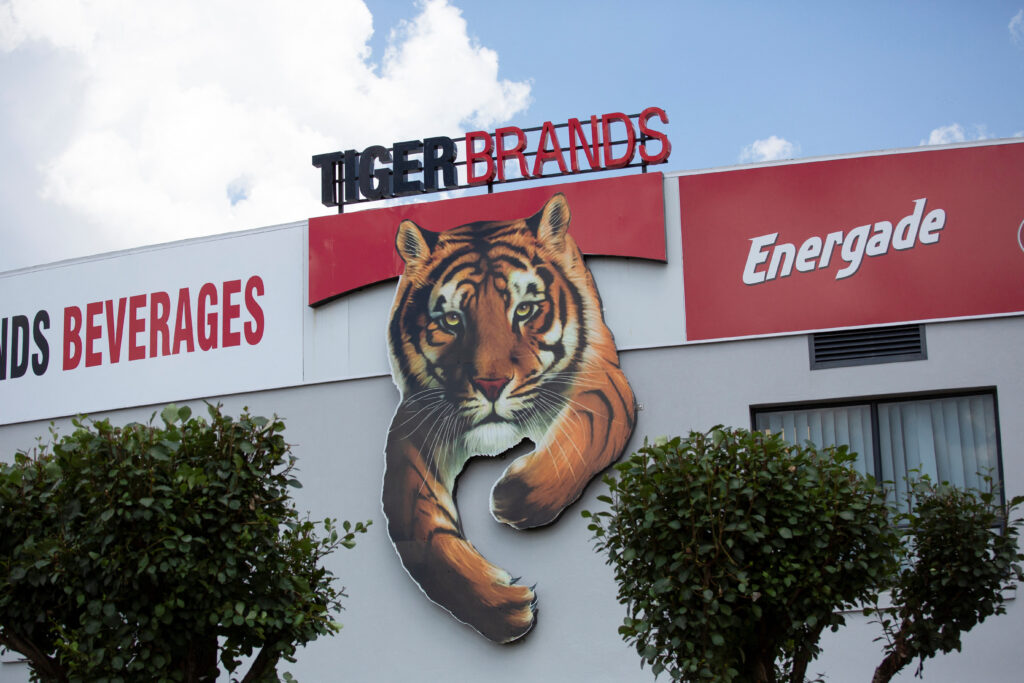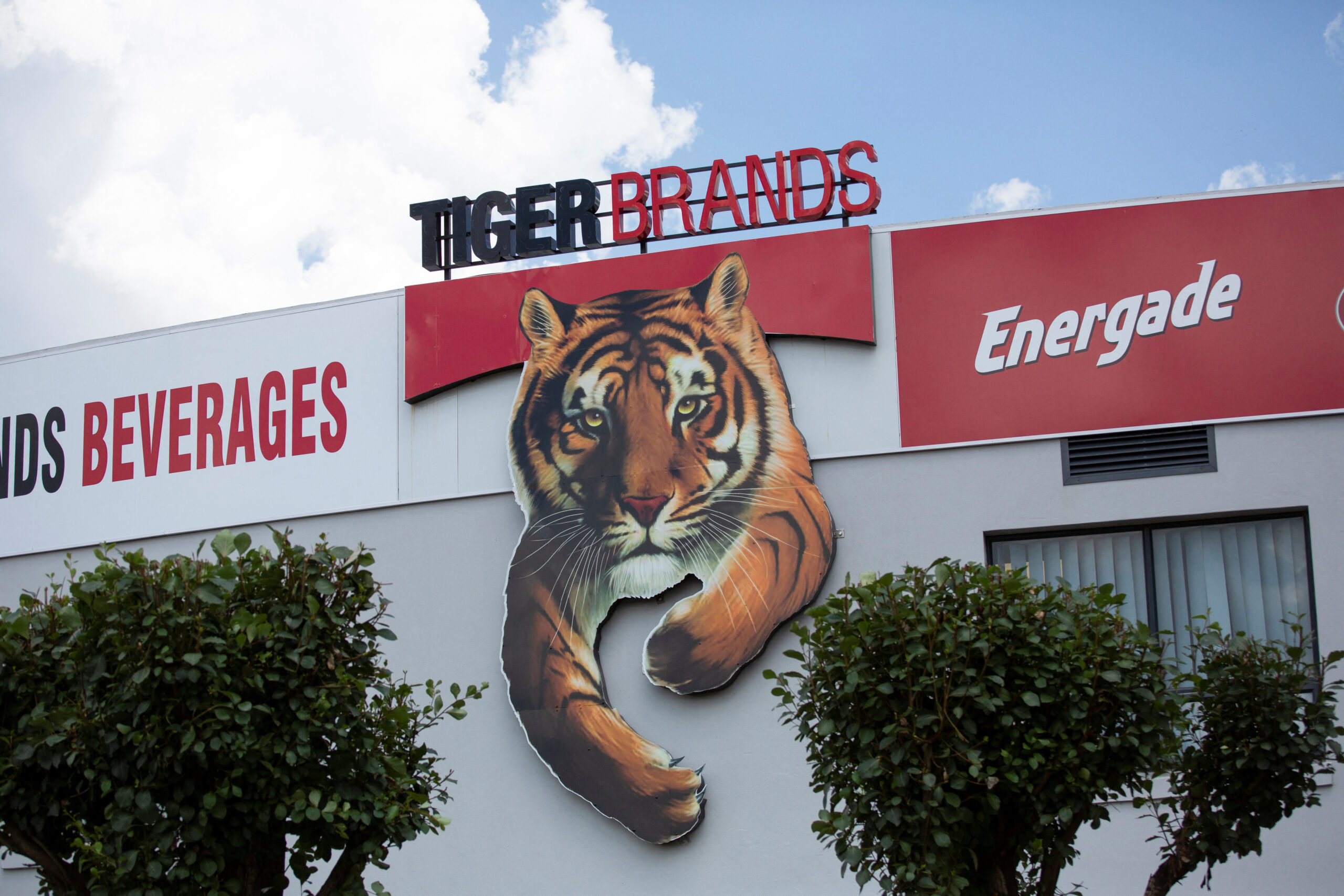
JOHANNESBURG (Reuters) – South Africa’s biggest food producer Tiger Brands said on Tuesday its annual income might drop as it expected a significant rise in costs because of increased power cuts in the coming winter months, sending shares down 15% in early trade.
Africa’s most industrialised economy has been grappling with daily power cuts lasting up to 10 hours a day.
State-owned utility Eskom has warned that increased demand during the winter months might force it to implement a 16-hour power cut in a 32-hour cycle in June and July.
READ MORE: Political unrest eats into RES profits
“Operating costs are expected to rise significantly as a consequence of higher levels of loadshedding (rolling blackouts) during the winter season,” Tiger Brands said in a statement.
Food companies have had to deal with global food price inflation that has affected consumer spending, high-interest rates that increased the cost of debt and local power cuts that have increased costs because of the need to rely on backup generators.
“Should current operating conditions persist, maintaining full-year operating income in line with last year will be challenging,” the company said.
For the first half that ended March 31, Tiger Brands’ revenues increased 16% to E19.4 billion ($981 million), but inflation reduced its volumes by a percentage point.
READ MORE: International Monetary Fund’s dire Eskom warning
Its net financing cost, primarily the cost of debt-servicing, jumped by almost three times and the costs of mitigating the impact of power cuts increased by more than six times.
The company posted a marginal rise in its interim profit to 731 cents per share, up from 729 cents a year earlier. The company declared a dividend of 320 cents per share for the six months.






